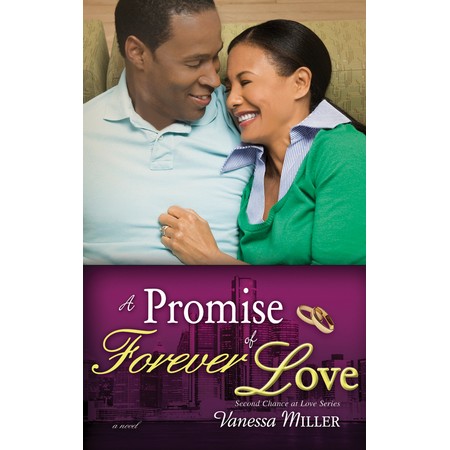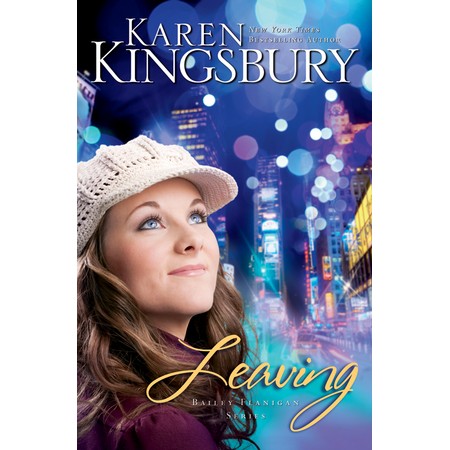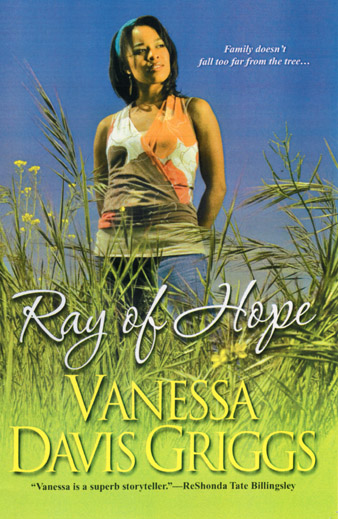This month I am trying out a new feature at Christian Fiction Blog called “Weekly Response/Weekend Chatter.” Instead of me blogging about everything Christian Fiction in the blogosphere I will share five key issues discussed along with my response to them. If you like this feature, let me know in the comments. If you would like to participate in the Weekly Responses use the hashtag #cfb in twitter or on facebook.
1. Does the Query System Work?
Literary Agent Rachelle Gardner responds blogs about writer complaints that the query system doesn’t work.
I actually think the query system works. It may be inefficient and time consuming, but it's incredibly democratic, which is something writers should appreciate. In the query system, everybody has access. All the other possible systems I've heard proposed are not nearly as democratic—they limit access somehow.
Some interesting comments came out of the discussion. The gist of them were that some believed the system was fine, because they had been successful and others don’t think the system works because they have not.
The main arguments were editors reject good books because based on the query they don’t think they can sell the book to the pocketful of editors they have business relationships with, that the agent won’t seek other editors—those they don’t know—to shop the book. Others thought the system wasn’t a sound business model, since the success rate of published books is around 15%.
My take, my personal take…
The query system works if you know how to work the system.
That’s not an opportunistic statement or a claim that I have cracked the code for query success. At DGP I offer proposal and query writing services, but I don’t guarantee a contract. That’s ludicrous.
What it means is that a writer must now understand the publishing business. And frankly, there’s no excuse that a writer shouldn’t in this day and age. The internet has afforded us a gateway into the publishing world. Literary agents, publishing house editors, literary publicists, industry insiders, bookstore owners are blogging and sharing this world to us. So why aren’t we taking advantage of it.
For the past two years I shopped my novel series to become published. In the beginning I submitted queries to agents and editors whom were referred to me or whom I personally knew. Every agent except one responded to my query. One. And I know these agents personally. One! The one agent told me that my writing had some work to do and thought it was too edgy for Christian fiction genre. Granted I have been reviewing Christian Fiction for Romantic Times and various other print publications for seven years and been a book critic and book awards judge for five. I know this genre like I know that I’m African-American. I have read and noted books released in CBA that shares the same theme, tone, and content that I had written. et…
But because I know this game. I know the words that is being said between the lines. What she meant was that the editors I close well with wouldn’t buy the book and don’t have the time or the resources to shop it to someone outside my circle. In short, I don’t know how to sell your book. Period.
Newsflash most agents don’t. Whether they want to believe it or not they have branded themselves. Editors know which agents will supply a certain type of author. The trick is finding an editor who is branded to shop your story.
Or you can shop the book yourself. I entered a writing contest, whereby the prize was to have my book read by an editor of a major publishing house. I won third place at last year’s Romance Slam Jam Contest. The contest facilitator gave me a referral to an editor whom I believed represented the publishing house that would champion my story.
Now this is where the tricky part came in. I had to submit a great query and proposal. I had to hire my own self to present my story to her in a language she would understand and with an answer to a question that all editors and agents want to know: Can we sell this book?
I answered the question in my proposal. She agreed. And now I have a 3 book deal.
It’s not as simple as I put it but the story behind the whole thing pretty much is.
A publisher’s goal is to sell books. The commercial writer’s goal is to sell their books. In order for both to achieve their goals they need each other. It’s like a convenient marriage. Therefore query process is sort of a flirt or pick-up line to see if there is a spark there between the two. Most publisher’s use agents as a sort of matchmaker.
This last statement is the rub. The publishing industry took a big smack last year, which affected everyone’s bottom line. Thus, some agents I know have facilitated safe matches with their current clients, so they could remain solvent. It’s a survival game right now.
But what about the wannabes? What about the authors who have great books, but no agents willing to escort them to the ball?
For many writers this arrangement is like being the red-headed step child or the lovely swan princess or different. But they shouldn’t give up. They should dig in and continue writing.
As the publishing industry has changed and morphed and shifted it’s paradigm, then why haven’t literary agents shifted? Change is a top-down process with major institutions or a massive grassroots change at the bottom. Self-pubs have headed the grassroots movement below. The question you should ask yourself is if the query system doesn’t work, then what will work in the future? Because the writing on the wall is that authors will either have to hire someone like me to help them craft marcomm to publishers or become independent, upon which then they have to do everything on their dime. Because that’s what it boils down to. The bottom line.





















2 comments:
I've struggled with the query for years. Read books, blogs, etc to find the perfect formula. Apparently, still haven't found it. I feel- as many of the commenters on Rachelle's blog seem to-that a short business letter doesn't really qualify as an example of my story telling or writing ability. And with no feedback from agents about why they aren't interested, it's very hard to change things. I've tried to do my research on agents, but from the form rejections, I assume it wasn't enough.
Barbara, sorry I missed your comment way back when. I agree. The author has to do too much now.
Post a Comment